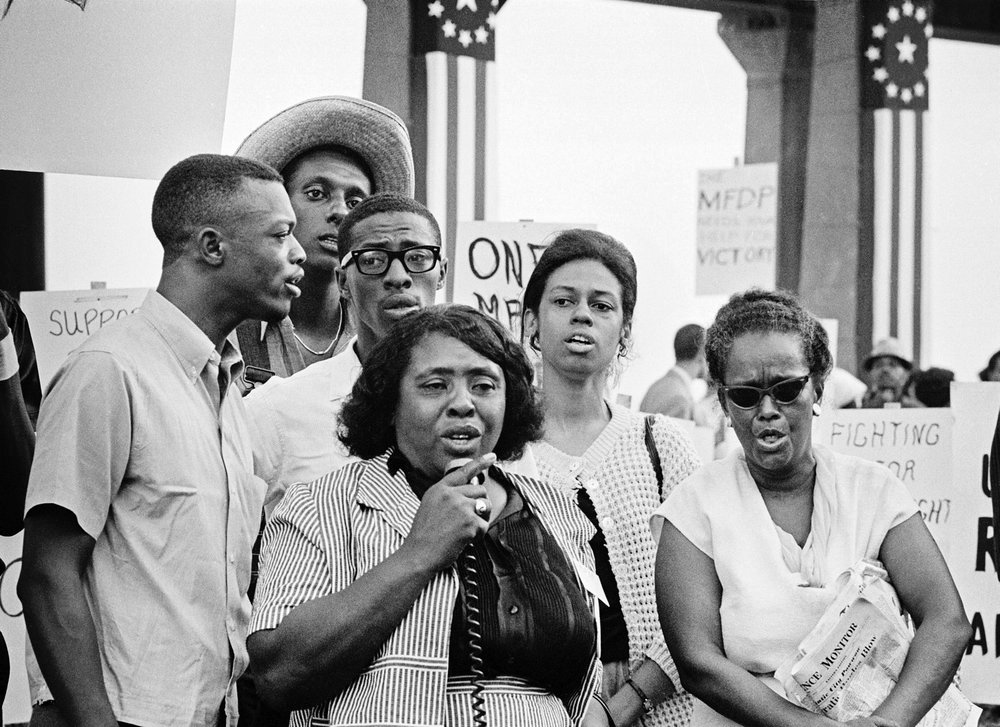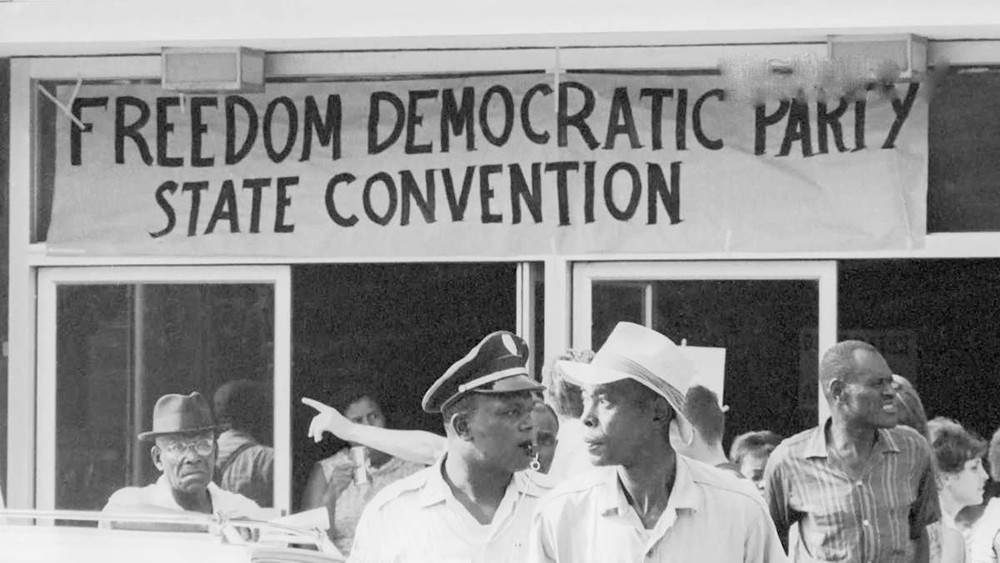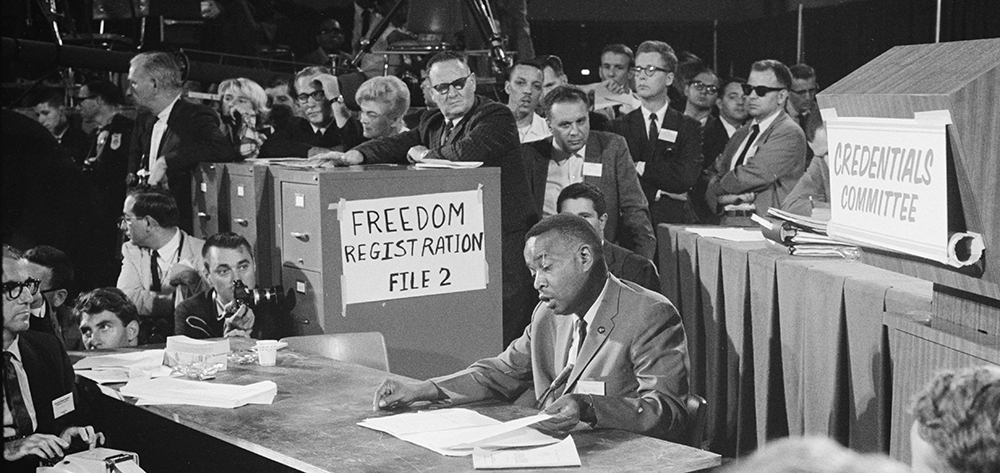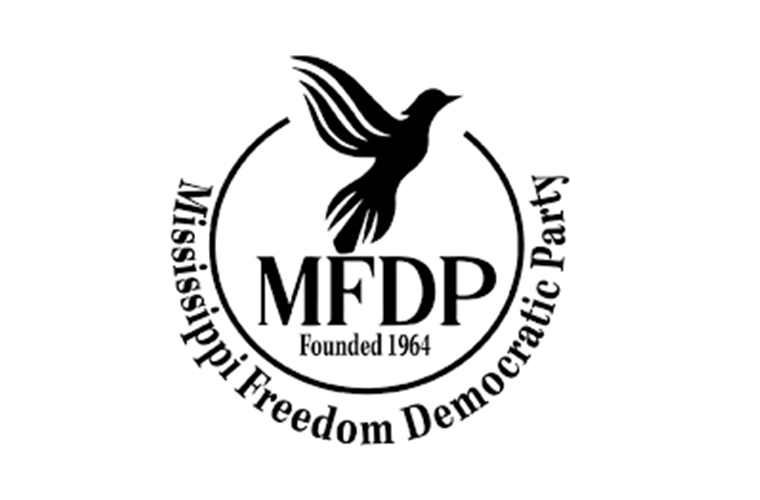The Mississippi Freedom Democratic Party (MFDP) was a political party formed in the 1960s during the civil rights movement in the United States. It was established as an alternative to the segregated Democratic Party in Mississippi, which systematically excluded African Americans from participating in the political process. The MFDP emerged in 1964 with the goal of challenging Mississippi’s all-white delegation to the Democratic National Convention. African Americans in Mississippi faced significant barriers to voter registration and were effectively denied their right to participate in the political system. The MFDP aimed to give a voice to these marginalized communities and push for equal representation.

In the summer of 1964, the MFDP sent a delegation of activists, including Fannie Lou Hamer, to the Democratic National Convention in Atlantic City, New Jersey. They sought to replace the all-white Mississippi delegation and be recognized as the legitimate representatives of the state. Their efforts garnered significant national attention and support. Despite facing resistance from the Democratic Party establishment, including President Lyndon B. Johnson, the MFDP’s cause resonated with many Americans who were increasingly aware of the racial injustices taking place in the South. The MFDP presented evidence of discrimination and voter suppression in Mississippi, making a powerful case for their inclusion.

Ultimately, a compromise was reached between the MFDP and the Democratic Party leadership. The MFDP was offered two at-large seats at the convention, which they rejected, as they believed this compromised their demand for equal representation. The compromise did, however, lead to significant changes within the Democratic Party, such as the establishment of rules that prohibited racial discrimination in the delegate selection process.
Although the MFDP did not achieve its immediate goal of being recognized as the official delegation from Mississippi, it played a crucial role in raising awareness about racial injustice and voting rights in the United States. The activism and efforts of the MFDP, along with other civil rights organizations, contributed to the passage of the Voting Rights Act of 1965, which aimed to protect the voting rights of racial and ethnic minorities.

The legacy of the MFDP continues to inspire activists and organizations fighting for equal representation and social justice today. Their struggle highlighted the importance of political participation and the ongoing need to address systemic racism and discrimination in the United States.

